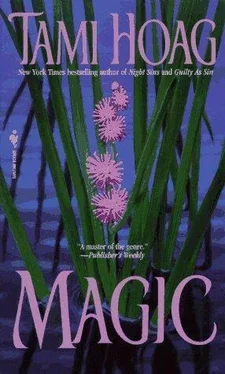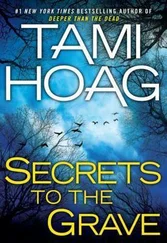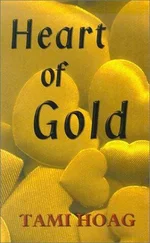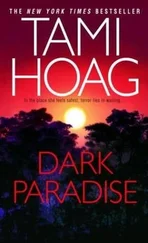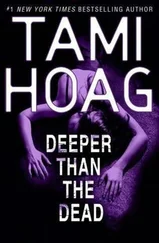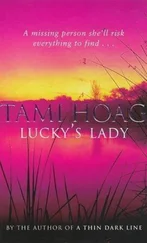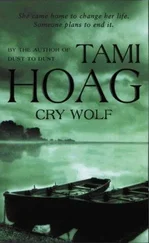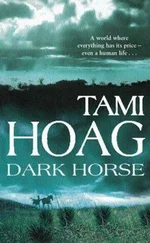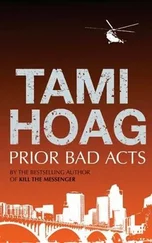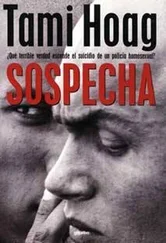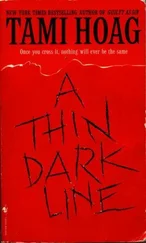“Oh, Mother,” she whispered, planting her elbows on the desk and rubbing her hands over her face as a wave of helplessness crashed into her. “What are we going to do?”
Addie stood in the doorway to the office, motionless as she stared at Rachel. Spread out on the desk before her daughter were the books she had come to dread and hate. It was clear to her that Rachel had seen them. A cold knot of panic settled in her stomach.
“What are you looking for?” she asked, trying to sound commanding but sounding uncertain instead. She shuffled into the room, her garden boots scuffing on the worn rug. “Money to give to Terence, the slimy snake?”
“I don’t see Terence anymore, Mother,” Rachel explained calmly. She wondered how pleased Addie would have been to know her relationship with “the cheap folk singer” had died long ago, that the bloom of love had faded along with her dreams.
“Good,” Addie said, taking a seat on a dusty chair that sat beside the desk. “I never liked that boy. He wasn’t good enough for you.”
Rachel didn’t comment on the remark. Terence was in the past. There was no sense wasting energy thinking about the past when the future was going to take everything they had.
“Mother, we need to talk,” she said gravely. She was bracing herself for a fight, but when she looked into her mother’s eyes, she didn’t see the anger she had come to expect. She saw sadness. Somehow that was worse.
“I’m a little behind on those books,” Addie said.
“It’s all right. We’ll get them straightened out.”
“Here. Let me, Rachel. You were never good with numbers.”
For an instant there was a flash of her old efficient, businesslike self as Addie reached across the desk and picked up the ledger. She sat up straighter, her bony shoulders squared beneath the thin cotton of her housedress. Taking a pencil out of a cup on the desktop, she opened the book.
Gritting her teeth in determination, she began at the top of the page. She saw the numbers, took them into her brain, and tried to put them together, but they scattered and went off in all directions in her mind. She took a deep breath and tried again. She had always been so good at math. Now she could barely comprehend the numbers on the page before her. She tried to add two numbers together, and just before the answer became clear to her, it slipped away.
A terrible chill ran through her. She could excuse her forgetfulness. She was a busy woman with a lot on her mind. So what if she put her car in reverse instead of park once? So what if she went to the mailbox on Sunday? Busy people forgot things all the time. But this, this was something else. She couldn’t discount her inability to add these simple numbers together.
She stared at the figures on the page until they seemed to leap out of their columns and spin around one another in a whirlpool of black and red ink. Panic rose up in her throat, and she slammed the ledger shut. She wanted to throw the book aside and run out of the room, but her brain suddenly couldn’t separate all the intricacies of each task, and she clutched the book to her breast instead.
“Mother?” Rachel asked softly. Her own sense of panic was growing inside her, and it trembled in her voice. She had never seen her mother as anything other than strong, invincible, indomitable. And before her very eyes Addie was shrinking down on her chair, her face a mask of stricken confusion. Rachel reached out toward her, the fingers of her hand curling over the edge of the musty old ledger. “Mother?”
“Rachel,” Addie murmured, her voice straining. She felt too fragile and frail to speak louder than a whisper. She felt as if she might shatter like the many china figurines she had broken over the last few months as the connection between her brain and her fingers had shorted out. The shield of anger and indignation that had held her up so many times was gone, vanished as suddenly as her memory could vanish.
All her life she had been strong. She had stood on her own to raise her daughter when her husband had been killed. She had never asked for help from anyone. But now she turned instinctively to her daughter, her eyes full of anguish and tears. “Rachel, I’m so frightened.”
Rachel took her mother in her arms and held her as her mother had held her when she’d skinned her knee or had had a bad dream. And she offered what comfort she could while she shared her mother’s pain and felt the pain of her own loss. She was losing her mother. Addie would never be the strong one again. It was Rachel’s turn. At that moment both of them realized it.
“I’m frightened too,” she murmured through her tears. “But we’ll manage. Together, like it used to be. Just the two of us. I’ll take care of you. I love you. I love you so much.”
Bryan stopped in the doorway, everything inside him going still at the sight. He had intended to barge in and sweep Rachel away from the books for a walk around the grounds. He wanted to show her that there was more to her life than worrying about money. But it looked as if she didn’t need him to tell her that at the moment.
He knew he should have stepped back out into the hall and allowed Rachel and Addie absolute privacy, but it seemed important that he see Rachel this way-as a loving daughter, as a caring person, not embarrassed by her mother’s illness, but heartbroken for a loss that could never be replaced.
Or perhaps what was truly important was the feeling coming to life inside himself, the feeling he had denied over and over the past few days. He was in love with Rachel Lindquist.
He did step back then, as if the realization had come in the form of a physical blow. He let himself out of the house and strode quickly toward the fence that ran along the cliff’s edge, breaking into an athletic lope that ate up the distance. When he reached the rusty iron railing, he stopped, sucking in great deep gulps of sea air. In each hand he grasped a spear point that decorated the top of the wrought iron pickets, twisting at them so that the oxidizing metal flaked against his palms.
Without really seeing it, he stared out at the ocean. The gray-blue waves rolled in, one after another. Fishing boats dotted the misty horizon. Gulls keened and swooped along the rocky beach below.
How had it happened so fast, he wondered. He hardly knew anything about her. Except that she loved a mother who had shunned her for five years, and she’d had dreams broken, and she tasted of need and sweetness. And when the moon shone in her eyes, he could see how badly she needed to believe in rainbows and how afraid she was to reach out for one.
It didn’t seem possible that he could have fallen in love when he had just opened up enough to offer Rachel his help. He had meant only to reach out to her, to offer her a little respite from her worries. But in opening up he had not simply given, he had received. He could feel again. Now Rachel’s pain would be his pain, her fears would be his fears.
“I don’t know if I’m strong enough to go through that again,” he whispered.
You are. Love makes you strong .
He thought of Rachel holding her mother, whispering assurances through her tears. Love was the most powerful thing in the world. It could endure time and turmoil, hurt and heartache, pride and pain. Love was magic.
Bryan’s broad shoulders rose as he drew a deep breath, filling his lungs with cool air, and a deep, abiding calm settled inside him with the kind of acceptance that comes only from the heart. It might not have been smart or logical for him to love Rachel Lindquist, but love her he did, and if he could give her magic, he would.
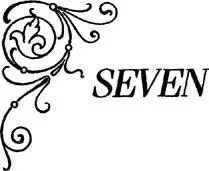
“ ‘I love a maiden fair with sunlight in her hair. Her beauty was so rare, but she did scorn me,’ ” Bryan sang as he trailed along behind Rachel and Faith Callan like a wandering troubador.
Читать дальше
